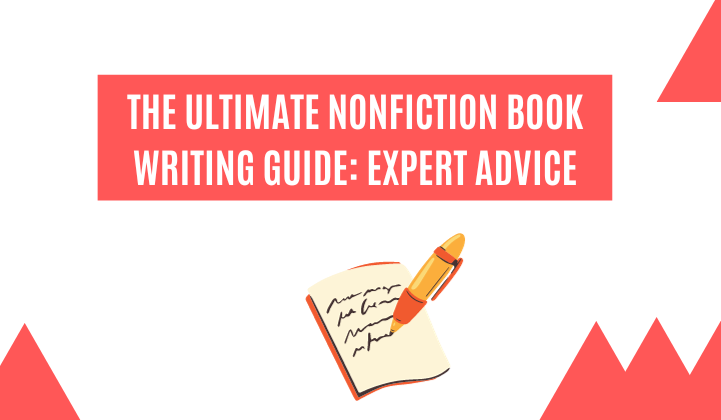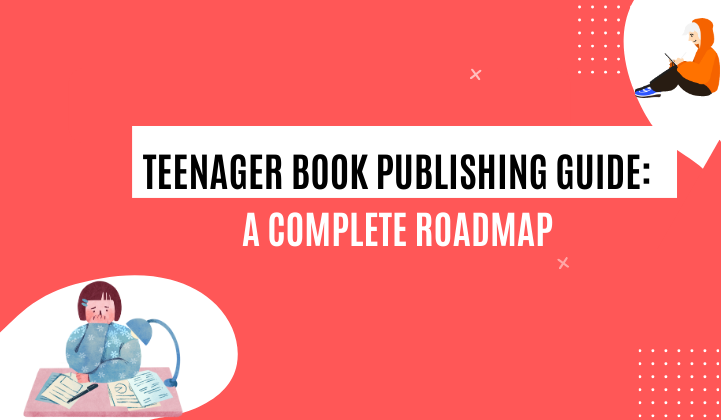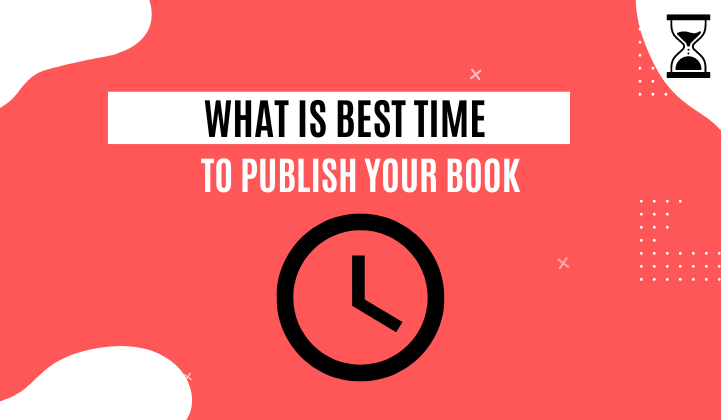8 Easy Exercise to Improve Writing Skills that Works
Writing is an art; getting better at it takes a tonne of practice. Anyone can develop this skill set with little commitment, guidance, and practice. So, in this post, we’ll talk about several exercises to improve writing skills.
The finest techniques outstanding writers employ to improve our guided writing exercises that improve particular writing abilities. The secret is to select writing tasks each day that support your objectives.
Writing as a skill.
The talent of writing is composed of various minor abilities. There is a handful that is relevant to both fiction and nonfiction writers:
Punctuation.
Grammar.
Organization.
Style.
Spelling.
Conciseness and
Idea generation.
The ideal writing workouts concentrate on assisting you in strengthening one or two particular components at a time. Focused practice generates impressive results.
You progressively get better at the tiny things until you are amazing at the big thing (like writing) (e.g., grammar, style, speed, etc.).
Here are some exercises to improve writing skills that authors may use.
You can attempt the exercises listed below, which include brief justifications of how each will advance your writing career.
Let’s begin immediately.
1. Edit the other’s work.
Editors must approach text with a more analytical perspective since editing demands a somewhat different skill set than authoring. The goal is to improve the writing rather than finish an article or chapter. Better might mean more precise, concise, or comprehensive.
Effective editing can occasionally add material. It eliminates others. Every writer would benefit from honing this particular set of skills because it all relies on the specific project, paragraph, and sentence at hand.
Although you shouldn’t edit as you write since it will slow you down, learning the technique will instinctively enable you to create initial draughts that are cleaner. Additionally, you’ll have a greater understanding of how an editor operates so that you can collaborate easily and use their remarks more successfully.
You can also read out – “Tips for good outline writing”.
2. Funnel real reaction into writing.
The hardest aspect of writing is coming up with a topic to write about. A blank page is what many writers end themselves gazing at after sitting down at their desks.They have yet to realize that creativity is an input-output system, which explains why. Your production will suffer if your intake is lacking due to a lack of reading, discussions, and new experiences.
Inciting a response, though, is one approach to boost your creative production.
Remember that your thoughts, emotions, and arguments don’t have to fit together to make a coherent story when you write them down. Simply opening your thoughts again will help to restart your creative process.
You’ll frequently discover that expressing your reactions can inspire other concepts you can use for subsequent tasks, and you’ll finish the practice feeling unblocked and prepared to start working on what comes next.
3. Practice freewriting regularly
Most writing is done with careful consideration. There are several steps involved, including planning, writing, and editing. These are all essential. But putting everything aside might have unexpected outcomes, even for a little while.
Stream-of-consciousness writing, also known as freewriting, presents writers with the challenge of brain-dumping their way through a piece of work. To cleanse their thoughts of any mental clutter and focus on what matters most, writers often engage in a technique known as “morning pages,” where they fill out three pages as soon as they wake up.
Freewriting is a great technique to clear your thoughts and concentrate on the work at hand while increasing how quickly you can move ideas from your head to the page.
4. Use the vocabulary-building prompts.
The use of unknown terms in writing may be done well or poorly, depending on the situation. The not-so-great approach is to dazzle your readers by stringing together several big, scholarly terms. Usually, this makes them more perplexed.
Building your vocabulary is a superior strategy since it will enable you to sprinkle in intriguing terms that more correctly represent the concepts you’re writing about.
Modesty is important. This technique makes your writing approachable and provides readers with something to learn.
Realistically, you will retain only some of the terms you study. Instead, the goal is to increase your familiarity with unusual words so that when your writing and editing abilities advance, you’ll feel more at ease using them.
5. Describe an in-person setting
Being able to correctly describe people, places, and things will be useful whether you write factual or fiction.
You’ll be inspired to design your surroundings and explain the images in your head through similar challenges. While this can be beneficial to a certain extent, it won’t enable you to capture the authentic nuances that make things come to life for readers. You’ll require in-person exposure to do that.
The purpose of this exercise is to have you return to that location after writing a paragraph. Rarely is a thorough description effective? Instead, it cherry-picks the information that a reader needs to know.
Show your paragraphs to your family and friends and get their feedback for more practice. Did it give them a sense of being there? If not, what may be enhanced?
6. Generate several headlines
Any single piece of writing has a collection of separate elements, just as writing is a talent of many smaller skills.
There are openings, breaks in the action, and conclusions. Sentences of various sorts try to achieve various goals. Small modifications may significantly alter the tone, voice, and aim of any article, book, or other written piece.
By coming up with various headlines, you may get some practice influencing each of these separate components. These might be for writings you’ve previously finished, ones you have in mind, or ones you’ve seen online.
Headlines are a fantastic tool since they are independent pieces of information with a big influence on meaning. You may use the same techniques to test various introductions and endings for other portions of your work as you get better at rapidly crafting a range of headlines.
7. Replicate the writing of another individual
Transcribing another author’s work is one of the writing activities that are most frequently used and beneficial. Reading a fantastic piece of writing might inspire someone to want to write well. It may be a speech, book, letter, or article.
Transcribing the work of a skilled writer is one of the finest methods to learn from them. You will be able to sense how they write directly via this practice of transcribing their work. You’ll receive a close-up impression of their writing style, vocabulary, and structure.
You’ll begin to incorporate elements of their style into your own as you participate more in this exercise. Don’t worry, though, if you lose your voice. For you to choose and choose the components that make sense for you, this activity will emphasize the positive and negative aspects of other writers’ approaches.
8. Practise writing exercises.
Regular creative writing activities help you improve your writing process, whether you’re taking a break from work in progress or are between writing projects and need some inspiration. Include these eight writing activities in your regimen.
It would be best if you tried these activities.
Write a letter to your younger self
Write a short story.
Make-up advertising.
Take another person’s narrative and make it your own.
Attempt blogging.
Bonus Point-
Above all, constantly producing is the finest writing workout.
You’ll observe an improvement in your writing abilities if you set aside time each week to write. Targeted workouts can help you advance, but they should only partially replace the most important work (like writing your book or publishing your newsletter).
You can also read out – “How to Copyright a Book in India”.
Conclusion
By performing the proper exercises, anyone may improve their writing. And authors may upskill them if they know these writing exercises.
So, to assist you in writing more concisely, rapidly, and imaginatively, we’ve selected the greatest ones.
So as soon as you can, practice, apply, and upskill. The entire globe is awaiting your thoughts.
If you need more help reach out to us
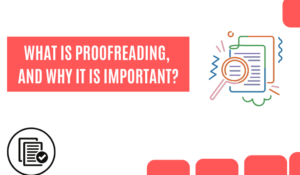
What is Proofreading, and Why it is Important?
What is Proofreading, and Why it is Important? No matter how many stages of book editing a piece of writing goes through, it can take

The Ultimate Nonfiction Book Writing Guide: Expert Advice
The Ultimate Nonfiction Book Writing Guide: Expert Advice Most authors will claim that factual writing is simpler than fiction writing. Nonfiction requires meticulous planning before
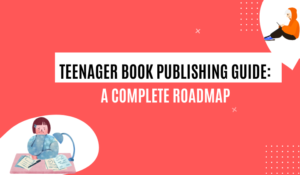
Teenager Book Publishing Guide: A Complete Roadmap
Teenager Book Publishing Guide: A Complete Roadmap You want to publish a book but believe that you are too young to do it. Young people

How to Promote a Book on Social Media
How to Promote a Book on Social Media The best book you could have written represents your heart and soul. But you could sell a
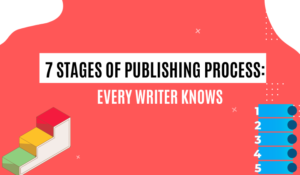
7 stages of Publishing Process: Every Writer knows
7 stages of Publishing Process: Every Writer knows Whether you’ve written before or this is your first time, knowing the different steps in the publishing

What is Best time to Publish your Book
What is Best time to Publish your Book Authors frequently reach the same reasonable conclusion as you may have just done when considering the best



